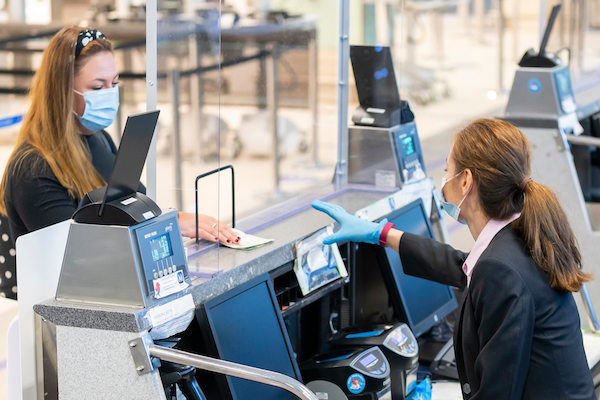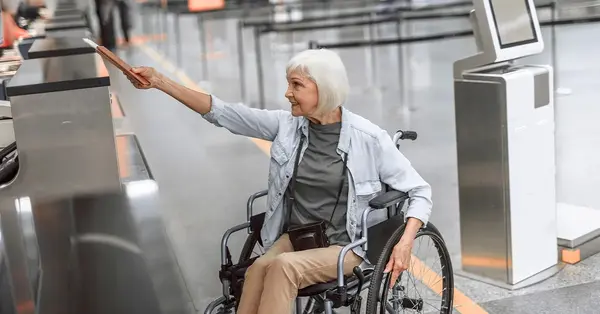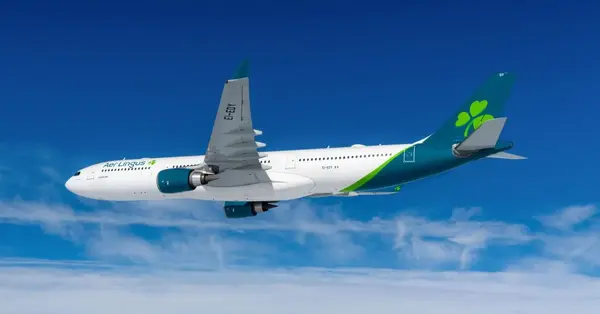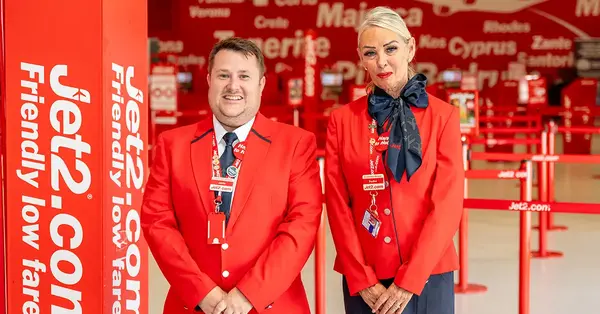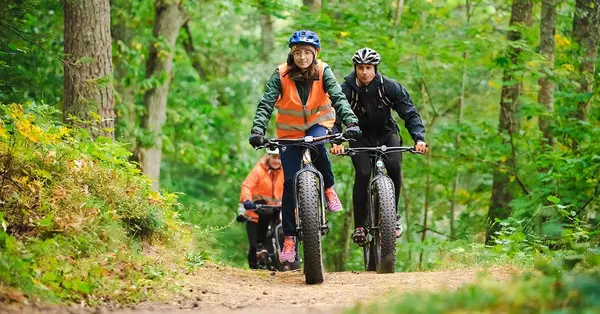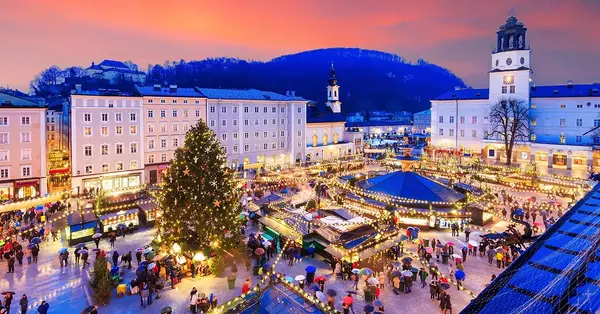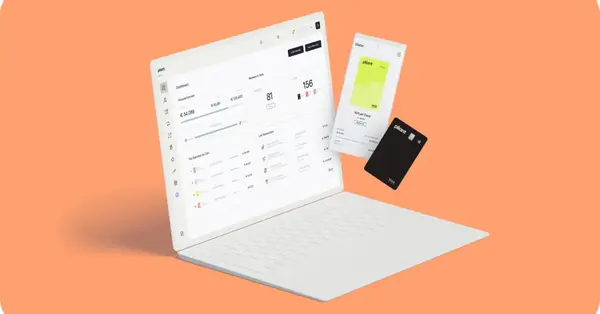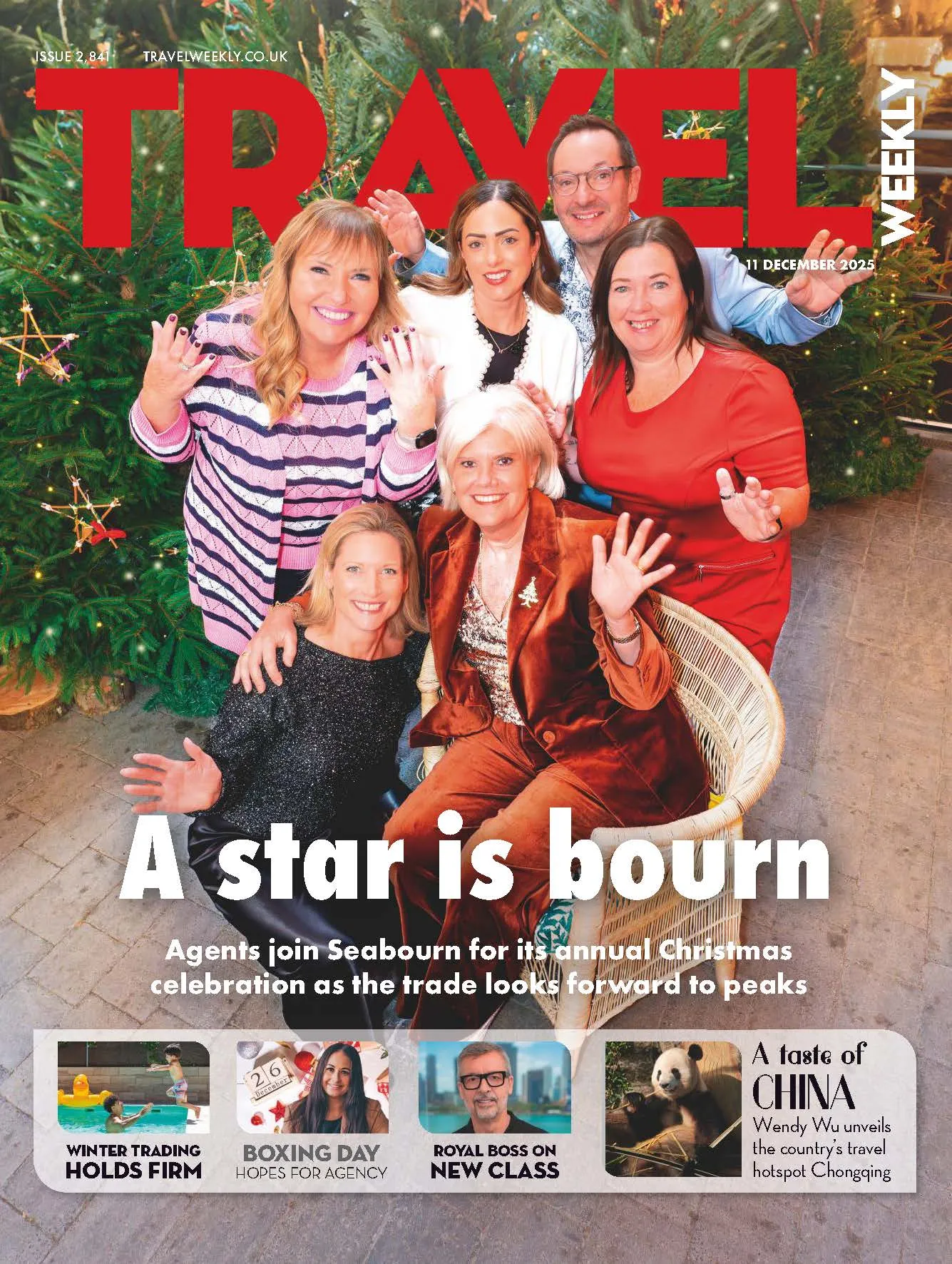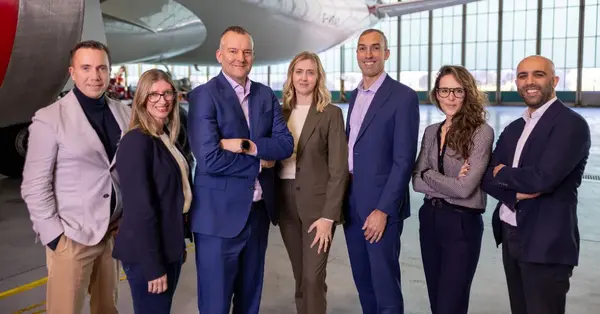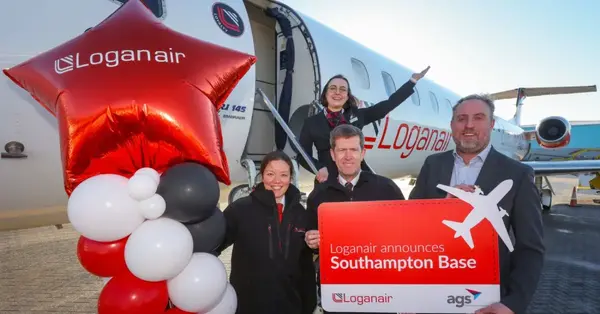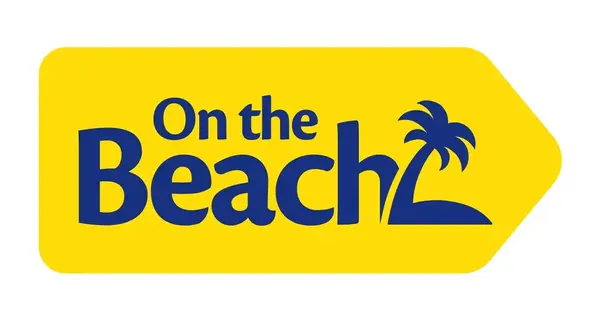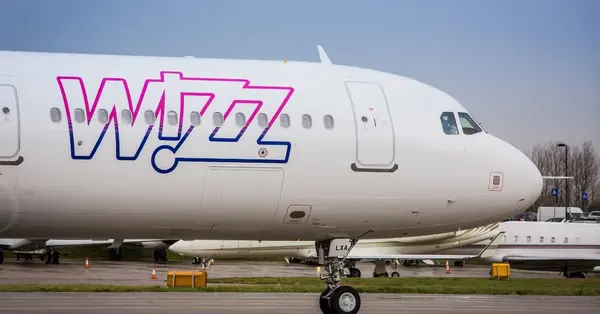You are viewing 2 of your 2 free articles
Tech ‘would boost confidence to travel’
Technology would increase confidence to travel by addressing concerns around mixing with crowds, social distancing and physical touchpoints, a new survey shows.
More than two thirds (71%) of UK respondents asked by Amadeus agreed that their confidence to travel in the next 12 months would be enhanced.
The fundings comes from a poll of 6,000 travellers across UK, France, Germany, India, Singapore and US.
When asked about what would make you most likely to travel, respondents in the UK said:
- Availability of information (43%) is the most commonly selected technology that would make them more likely to travel, followed by contactless payment (34%) and contactless technology at hotels (34%).
- Business travellers are the most likely to be reassured by technology – with 92% saying at least one option that would address increase confidence.
- Long-haul travellers are more likely to want technology to reduce dependence on physical documents than those taking short-haul flights (29% vs 25%).
- 43% agree that they would like a standardised global track and trace programme, while only 15% show interest in seeing more robotics or automation involved in their journeys. However, an equal number of business traveller would like to see both (35%).
The three main things UK travellers want from technology are for it to:
- Reduce queues and congestion in public spaces (41%)
- Ensure the accuracy and effectiveness of national test, track and trace programmes (31%)
- Minimise face-to-face or physical contact with others (30%)
The top five ways to build traveller confidence worldwide under current Covid conditions include:
- Providing access to flexible change, cancellations policies and payment terms to avoid losing money (39%)
- Limiting the number of passengers on an aircraft (38%)
- An ability for travellers to physically distance themselves throughout the journey (36%)
- Having visibility to and assurance of sanitisation, hygiene and safety measures in hotels and accommodations (36%)
- Access to effective test, track and trace programmes (34%)
The overall survey found that the receptiveness of technology and preferences differ by country and demographic, underscoring the importance of personalisation in gaining traveller trust.
- Almost half (46%) of Baby Boomers say they would need to be able to socially or physically distance throughout the journey, compared to less than 3 in 10 (29%) of Generation Z in the UK.
- A quarter (25%) of UK travellers and just over a quarter (26%) of US travellers would most like technology to reduce the need for handling physical documents. Additionally, three in 10 German and UK travellers (30%) say they would most like technology to minimise their physical contact with others.
- Automated cleaning processes (36%) and contactless payments (34%) were the most popular of the suggested technology options for French travellers.
- More than half (52%) of travellers in Singapore saw contactless experiences at hotels as a technology that would make them more likely to travel, while almost half of Indian travellers (47%) selected mobile applications that inform them of the destination city’s safety measures.
Amadeus UK general manager Liz Emmett said: “Recent research shows there is pent-up demand for travel and this latest study provides further optimism for the industry as many travellers’ concerns can be addressed by technology available now, at every stage of a traveller’s experience.
“Whether it is new mobile applications, biometrics or contactless solutions, we need to come together as an industry and explore with government how best to accelerate adoption if we are to encourage travel which is a major driver of global prosperity.
“This research also shows that certain areas, such as social distancing and hygiene, remain a cause for concern for travellers during the journey itself – and we will continue to work side by side with our customers in order to increase awareness around the safety and sanitisation measures that have been introduced.
“For example, recent research from Iata has shown the extremely low rates of transmissions onboard aircraft due to cabin air filtering systems and other protection measures in place.
“By giving travellers easy access to the information they need to be assured of their safety while travelling, and giving them tools that address their individual preferences, we can build traveller confidence and speed up recovery.”
Amadeus strategic growth businesses president Stefan Ropers added: “Rebuilding travel requires an understanding of changing traveller behaviour.
“This research shows that access to information, hygiene, social distancing and flexibility have become key considerations when people think about travel.
“The good thing is that there is technology that is available today that can support the travel industry to adapt to the challenges of the crisis, and also increase confidence among travellers.
“From finding suitable destinations to going through airports and paying for travel services, today’s travellers want reassurance that their journey will be stress free, prioritising safety and hygiene as well as experiences that meet their needs.
“This requires overcoming industry silos to build a better experience by connecting the travel ecosystem, for example, via digital identity management, linking every step of the traveller journey.”

